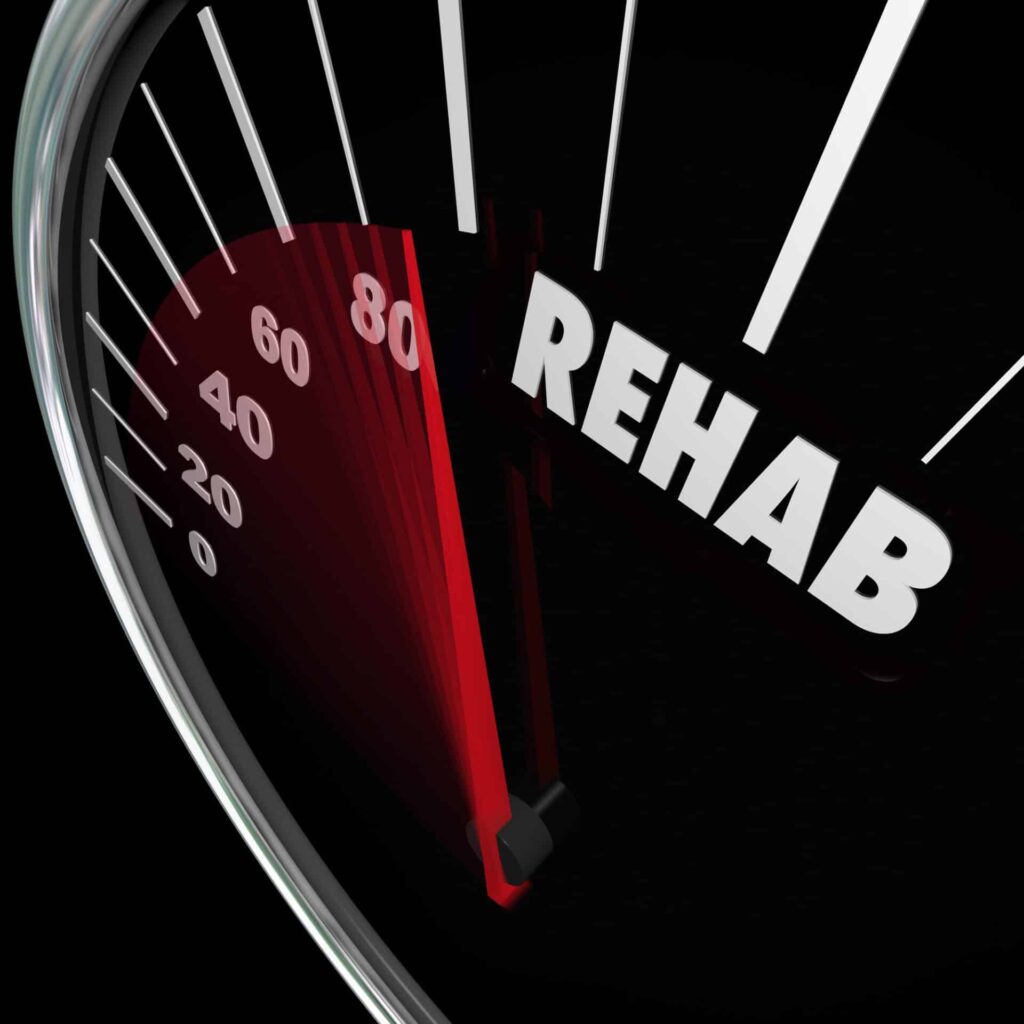If you need help with substances use disorder (SUD), you have options. Believe it or not, there are over 14,000 addiction treatment centers in the US. Still, not everybody with addiction finds treatment.
Fortunately, you can find the help you need at rehab centers in San Diego. You just need to find the right types of rehab for your needs. Let’s talk about that.
Outpatient Rehab
Outpatient rehab programs are rehabilitation programs where the patients live at home and voluntarily seek treatment on a regular schedule. This could include regular therapy sessions, doctor visits, or support groups like AA or NA.
Patients may use any combination of treatment resources, go at their own pace, or have a court order to do so.
Who Are Outpatient Programs Best For?
Typically, outpatient programs are ideal for patients who have already overcome early recovery. This is especially for those who have overcome the detox period. If you have been sober for over 30 days, an outpatient program is perfect for going at your own pace and maintaining abstinence over time.
Think about sobriety like education. A nurse goes through 4-6 years of college, but are they done learning? They need to continue learning throughout their entire careers to maintain licensure.
Sobriety is no different. It’s a skill that you’ll need to keep for a lifetime. Having your own form of continuing education is essential, even if you don’t think you need it.
Inpatient Rehab
Inpatient treatment programs are what you think of when you hear the term “rehab.” They may offer everything you could find in a well-rounded outpatient program, but patients will live on-site for a set period. Patients will typically have access to medical attention, therapy services, support groups, and recreational activities.
However, there are some common misconceptions about inpatient programs. First, there is no “type” of person who enters a rehab program.
While many people often think of rehab as being for hard drugs, there are plenty of inpatient alcohol rehabs. Alcohol is every bit as addictive as street drugs, and potentially just as devastating to your life. Look into San Diego alcohol rehabilitation if you need help with alcohol addiction.
Also, rehab is not a “one and done” deal or a “cure” for addiction. Believe it or not, studies suggest that as many as 85% of patients relapse within their first year of treatment. That’s not to suggest rehab is ineffective, but rather that the nature of addiction is so powerful.
Sobriety is a lifelong journey, and inpatient programs typically last for 30 days. Instead, they are there to help teach you how to live a sober life on your own. Fortunately, most patients do go on to lead successful and sober lives.
Who Are Inpatient Programs Best For?
The reason we suggested that outpatient programs are not right for early recovery is simple. Inpatient programs offer everything that an outpatient program could cover but in a controlled environment free from substances. This is ideal for early recovery, especially for detox services, which is the most sensitive period.
Having access to around-the-clock medical attention can also save your life during detox. Detoxing comes with plenty of possible health complications, and it’s best to surround yourself with professionals during this period.
Inpatient programs are a great way to ensure you abstain from substances while learning how to reintegrate into a successful and sober life on your own. Typically, these stays will last for 30 to 60 days, depending on your needs. From there, outpatient programs will help you remain successful.
Partial Hospitalization Program
Partial hospitalization programs (PHPs) are an attempt to be the “best of both worlds.” These allow patients to continue working or tending to social obligations and then check back into their inpatient program later on. While these programs are highly unique to each facility, they are akin to a part-time inpatient program.
Who Are PHPs Best For?
PHPs are ideal for patients who cannot commit to attending an inpatient program for 30 to 60 days due to work or family obligations. While these are ideal for certain patients, it does come with the risk of relapse. Any time spent out of the facility is time that could be spent abusing substances.
Intensive Outpatient Program
IOPs are intensive programs that may take place in meetings, at your home, or elsewhere. Patients will have a set schedule during early recovery to help them with detox and the early stages of sobriety. These programs are highly individualized, so schedules will look different for each patient.
However, these will typically allow you to continue working or tending to important obligations while receiving intensive treatment.
Who Are IOPs Best For?
Similar to PHPs, IOPs are ideal for anybody who can’t commit to an inpatient program for whatever reason. Some people have serious work or family obligations that they cannot leave. In that case, an IOP would likely be most appropriate.
Also, they are typically one of the most expensive options, as they are more individualized care. However, if you have insurance coverage or can spare the fees, this won’t be a big deal.
Which Types of Rehab Are Best?
No one type of treatment is perfect for everybody, so it depends on your needs. Now that you know the different types of rehab, you can choose which is best for you. Regardless of your preference, treatment is essential for addiction, so it’s important to find the right program for your needs as soon as possible.
Stay up to date with our latest recovery tips, and don’t hesitate to contact us with any questions or to verify your insurance! Please note that we don’t accept Medi-Cal at this time but do accept self-pay options.

